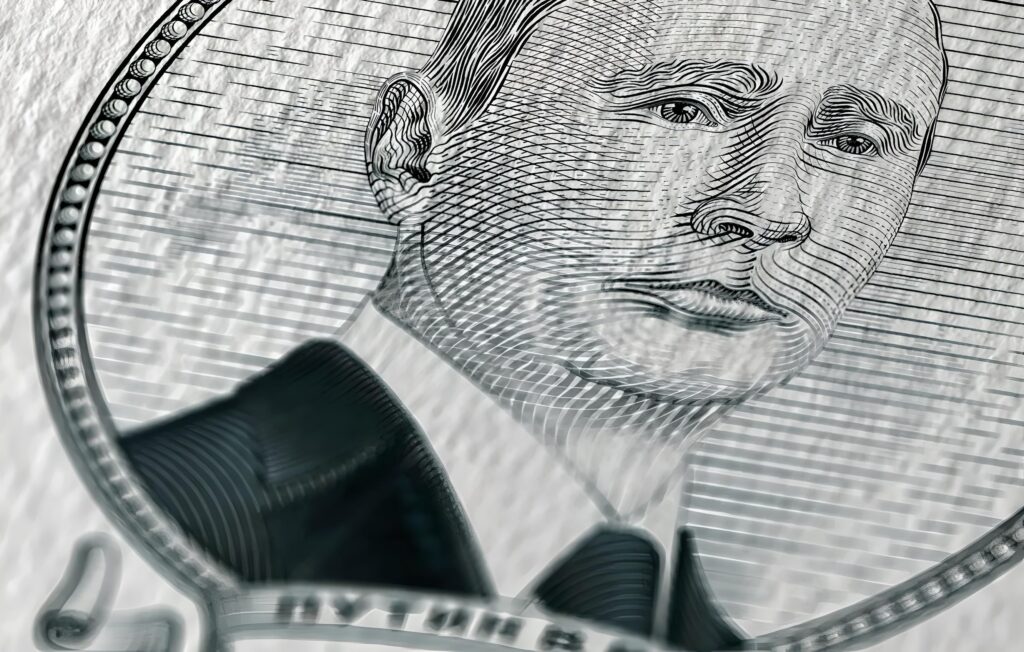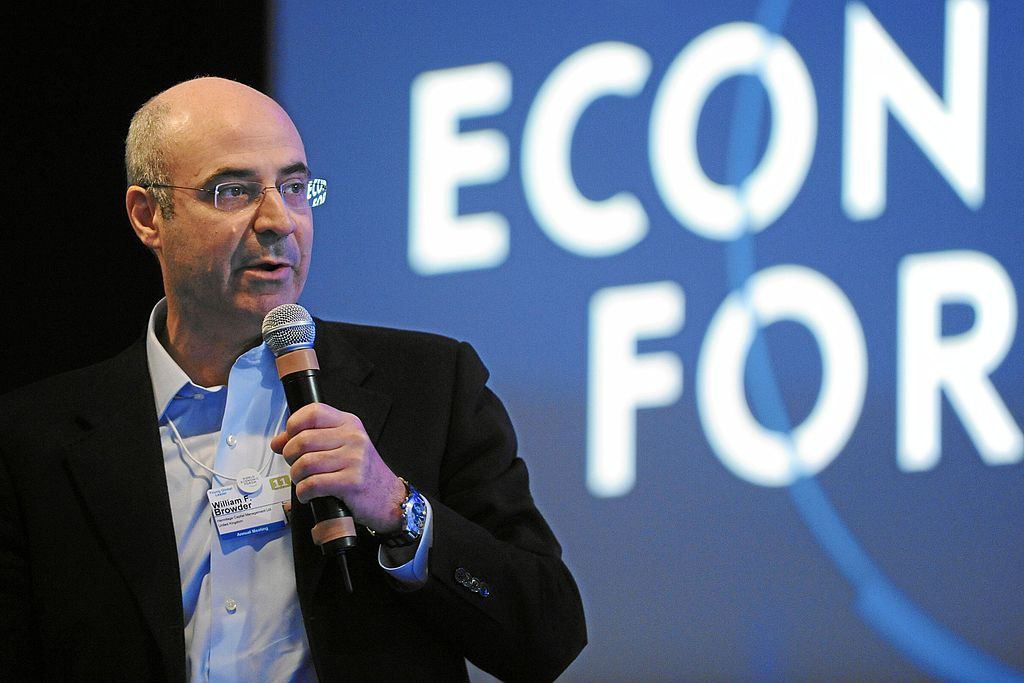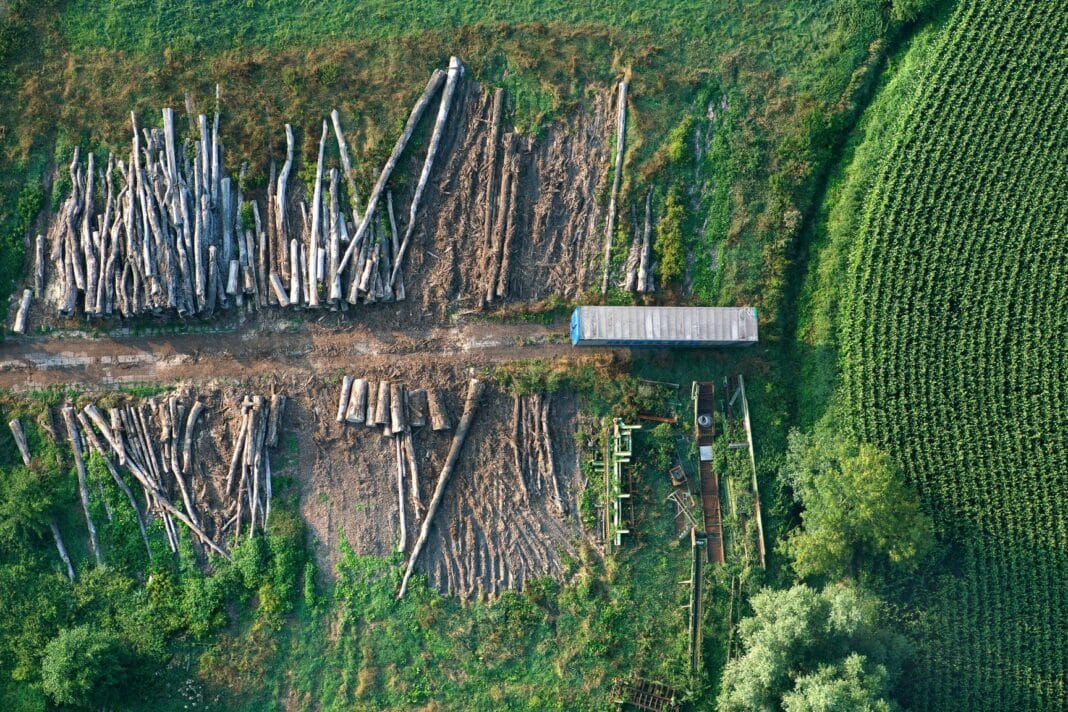When Russia invaded Ukraine in February 2022, sanctions swiftly followed, including a total ban on Russian timber imports into the European Union (EU) from July 2022.
While direct trade between Russia and the EU was stymied, new global pathways have emerged to traffic illicit wood into the bloc.
Belgium, one of the staunched supports of the EU ban, has become a profitable destination for Russian wood in a criminal loophole that would challenge Agatha Christie’s famous Belgian detective Hercule Poirot.
More than 280 tonnes of Russian timber have entered Belgium and reached importers since the sanctions were enacted after the Ukraine invasion.
The northwestern European country, which has a population of 11.5 million, is bordered by the Netherlands, Germany, Luxembourg, and France, all of which have banned Russian timber imports.
The EU Environmental Ministry says these illegal wood imports by Belgium continue. Using a forensic laboratory at the Royal Museum for Central Africa in Tervuren, inspectors determined that several wood shipments from Russia had arrived in Belgium.
“Determining the country of origin of a specific batch of wood is not easy,” ministry spokesperson Annelies Wynant said, “It’s the first time we’ve identified a source in this way.”
The latest sanctions add 106 individuals and 88 entities to the EU’s blacklist. This means the affected parties have frozen their assets in Europe, been banned entry into the EU, and funding from the Union is strictly prohibited.
Annelies Wynant outlined other issues facing the timber industry, such as wood imports from illegal harvests from the Central African Republic, China, Malaysia, Turkey, Ukraine, Belarus, Brazil and Chile.
The number of fines imposed for illegal harvests almost tripled in 2023.
“But an impediment is a distinct lack of inspectors,” Wynant said. “There are now fewer than five timber inspectors working full-time in Belgium, but there are 4500 timber importers.”

Despite an ever-growing list of sanctions, enforcing existing measures remains a key challenge for the EU. A Lille-based IÉSEG School of Management report found “statistical evidence that the EU sanctions are massively circumvented.”
The report explains that EU exports to “Kremlin-friendly” third countries such as Turkey, the United Arab Emirates (UAE) and Kazakhstan shot up by 81.55% between October 2022 and September 2023.
Many exports are considered high-priority goods, such as manufacturing equipment and electrical components, which could be used in a military context.
Meanwhile, the US has announced another round of 500 new sanctions on Russia, including limiting exports to reduce its revenue from energy.
In addition to the sanctions, frozen Russian funds across Europe are increasingly considered an essential element of Europe’s toolkit in its fight against Putin.
In an interview with French newspaper L’Echo during the Munich Security Conference last month, Russia’s once biggest investor-turned-critic Bill Browder said funds frozen in Belgium were an invaluable source that the EU must instrumentalise.
“The €220 billion that Russia has invested in Belgium is your insurance against Trump,” said Browder in a striking message to Europe,” he said.
“You can use this money as a weapon to support Ukraine yourself if US support fades. This money could save Europe if Trump is elected.”

There is €66 billion worth of frozen Russian funds and €190 billion in paused transactions in Belgium.
This large sum is due to the presence of Belgium-based financial institution Euroclear, which specialises in the settlement of securities transactions and the safekeeping and asset servicing of these securities.
According to the Russian agency Rossiyskaya Gazeta, Russia had harvested 77.8 million cubic metres of commercial timber as of June last year, with monthly production increasing.







